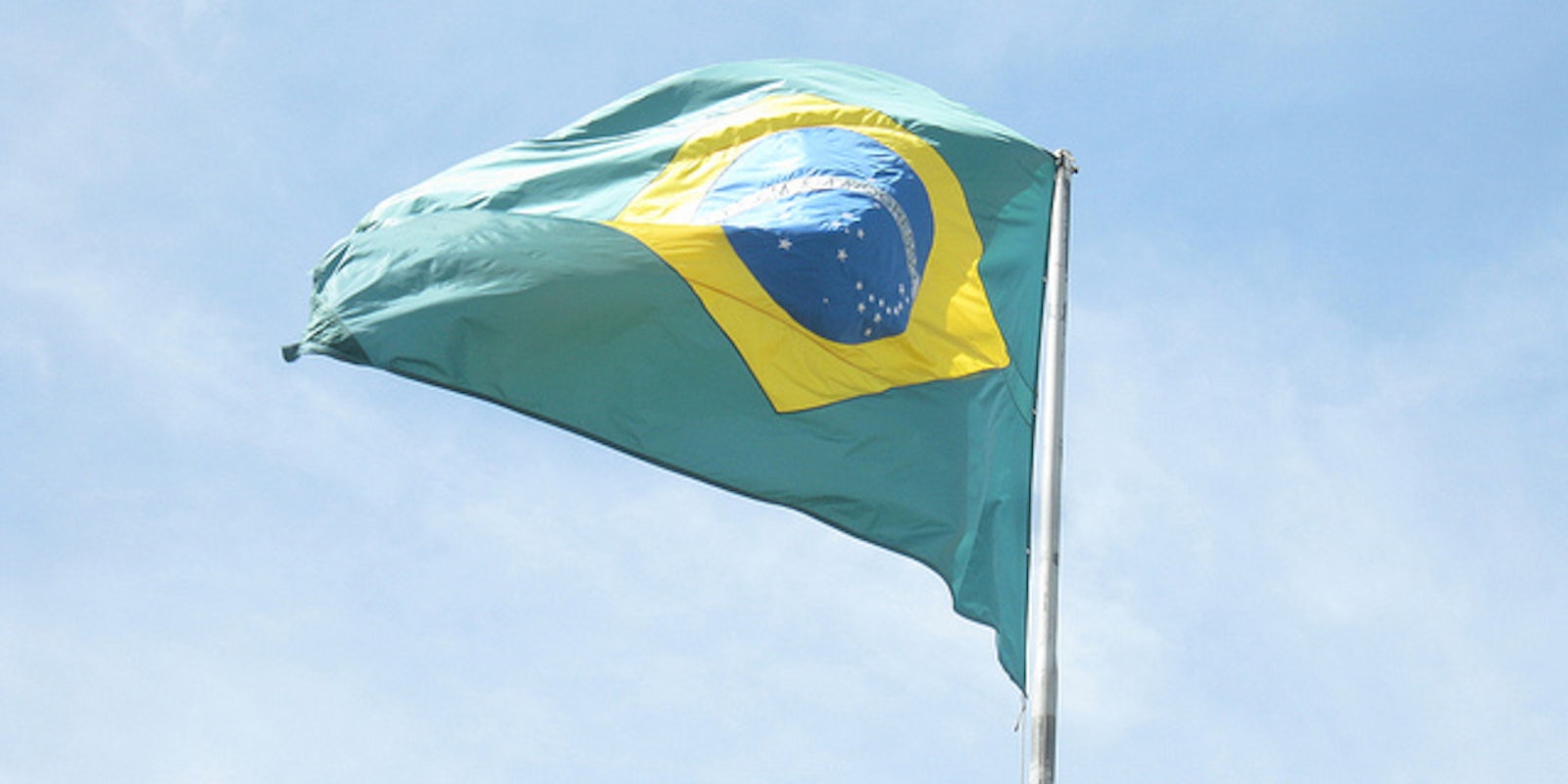In the United States, there is widespread suspicion of any law that would affect the Internet, largely because lawmakers are viewed as out of touch with Internet culture and in bed with old-line copyright holders. The Stop Online Piracy Act (SOPA), the Cyber Intelligence Security Protection Act (CISPA), the Cybersecurity Act of 2012—they’re all bills opposed by Web activists, who accuse the politicians who bring them up of not understanding how the Internet works, or at least failing to respect its freedom.
But in Brazil, politicians and activists are working hand in hand. On Wednesday, Brazil’s House of Representatives votes on the Marco Civil da Internet—the Civil Regulatory Framework for the Internet. It’s believed to be the world’s first comprehensive “Internet rights” document to have a chance at passing into law.
And it certainly is comprehensive. According to an article in by Fundação Getúlio Vargas, a Brazilian think-tank, user input was divided into three major sections—
(1) individual and collective rights (privacy, freedom of speech, and access rights), (2) principles related to intermediaries (net neutrality and civil liability), and (3) governmental directives (openness, infrastructure, and capacity building)
—and the final text has five chapters of 25 articles.
The idea of a Brazilian Internet framework been percolating since at least 2007. The framework is similar to Representative Darrell Issa’s “Internet Bill of Rights,” which includes ten crowdsourced items relating to similar Internet issues. Brazil’s Ministry of Justice opened discussions in 2009 for citizens to suggest improvements to the Marco Civil. Those discussions reportedly received more than 24,000 submissions.
There have been a few, isolated concerns that a provision of the Marco Civil, Article 285-B, would make it a crime to “‘obtain or transfer data or information’ without prior authorization of the legitimate owner.
However, Internet activists, for the most part, strongly support the bill. The brand-new Brazilian Pirate Party has been active on Twitter, encouraging politicians to support the Marco Civil. The bill’s also backed by the Internet privacy advocacy group Mega Não, a member of the Internet Defense League that even helped organize a Brazilian anti-SOPA blackout in January,
“The world is waiting for the approval of the # marcocivil,” Mega Não tweeted Monday.
Photo by JorgeBRAZIL


